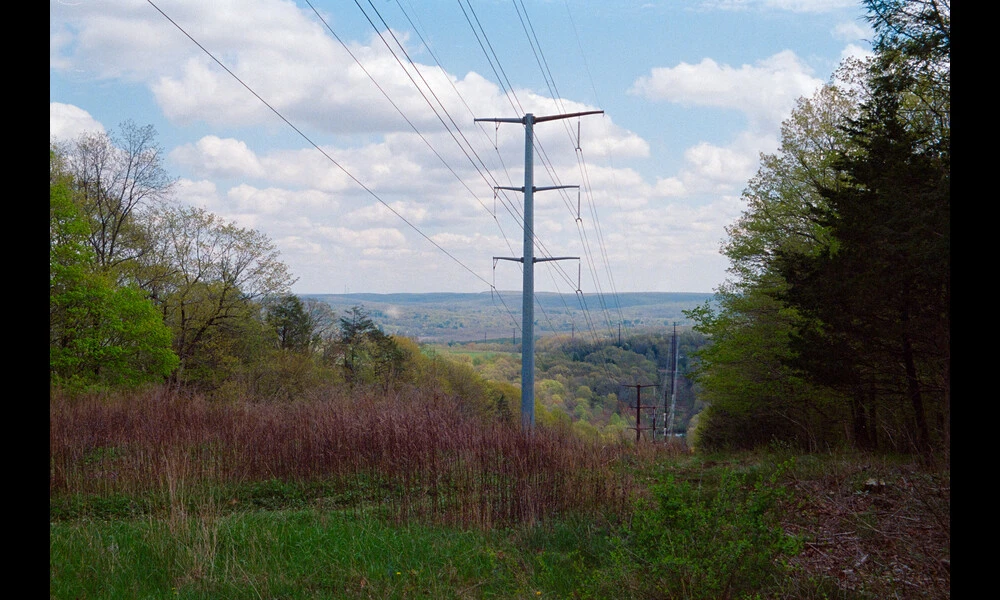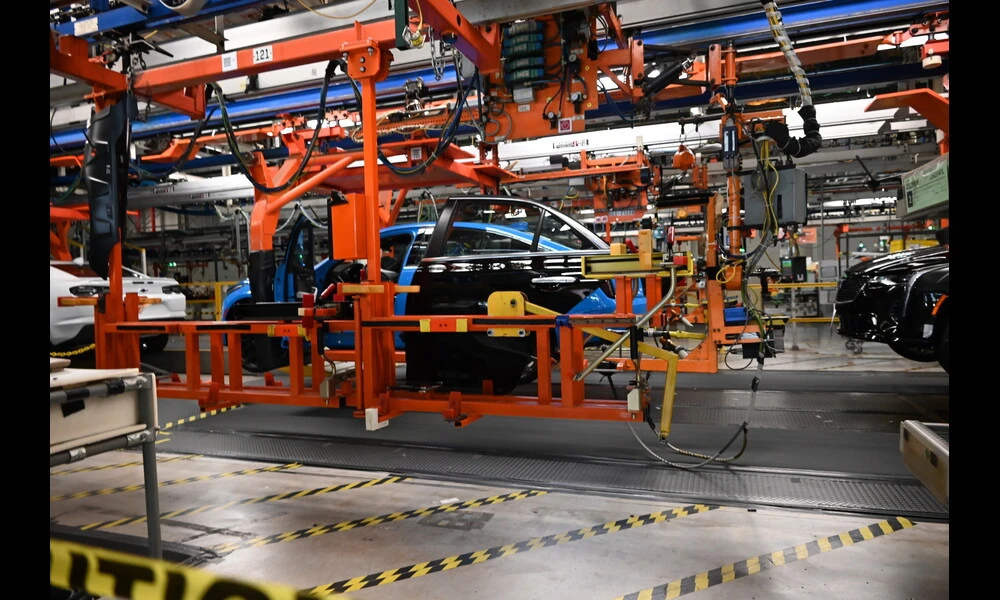Experiment Shows Promise for Decentralized Energy Grid Control System
Published on Tue Oct 31 2023 Transmission Lines | Matthew Bellemare on Flickr
Transmission Lines | Matthew Bellemare on FlickrResearchers have successfully validated a new distributed control strategy for energy hub networks. As renewable energy resources and storage technologies continue to play a larger role in our energy systems, the need for effective management and peer-to-peer trading mechanisms has become evident. However, most existing strategies have only been tested in simulated environments or on small-scale units, limiting their practical application. This simulation reality gap has hindered the large-scale implementation of these methods.
To address this, the researchers implemented a novel multi-horizon distributed model predictive controller (MH-DMPC) on a network of energy hubs, consisting of a real energy hub and multiple virtual hubs. The experiments were conducted using two different network topologies, and the results were promising in both setups.
The experiments were carried out at the NEST building in Switzerland, a district and energy hub demonstrator. By interfacing the NEST building with virtual energy hubs, the researchers created a hybrid physical-simulation environment to test the performance of the controller within a network of hubs. This approach allowed them to bridge the gap between theoretical techniques and practical implementations.
In the first experiment, the MH-DMPC was evaluated over a 3-day period. The controller effectively dispatched different components within the NEST hub, balancing energy sources such as PV and HP-1, and energy demands and storage input. The results showed a reduction in energy imports and costs compared to the islanded operation.
The second experiment focused on hubs of similar sizes and looked at a 2-day period. Again, the MH-DMPC displayed superior performance in terms of cost and energy consumption. The efficient use of energy trades and storage resources resulted in significant reductions in total cost and energy imports compared to the islanded operation.
Overall, this experimental validation of the distributed control strategy for energy hubs is a significant step towards their large-scale implementation. The MH-DMPC has proven its efficiency and effectiveness in managing energy sources, demands, and storage within a network of hubs. This advancement brings us closer to a decentralized prosumer-centric energy model that maximizes energy efficiency, flexibility, and integration of renewable resources. Future studies will focus on implementing the MH-DMPC on real hubs to further validate its performance and explore its potential on a larger scale.



